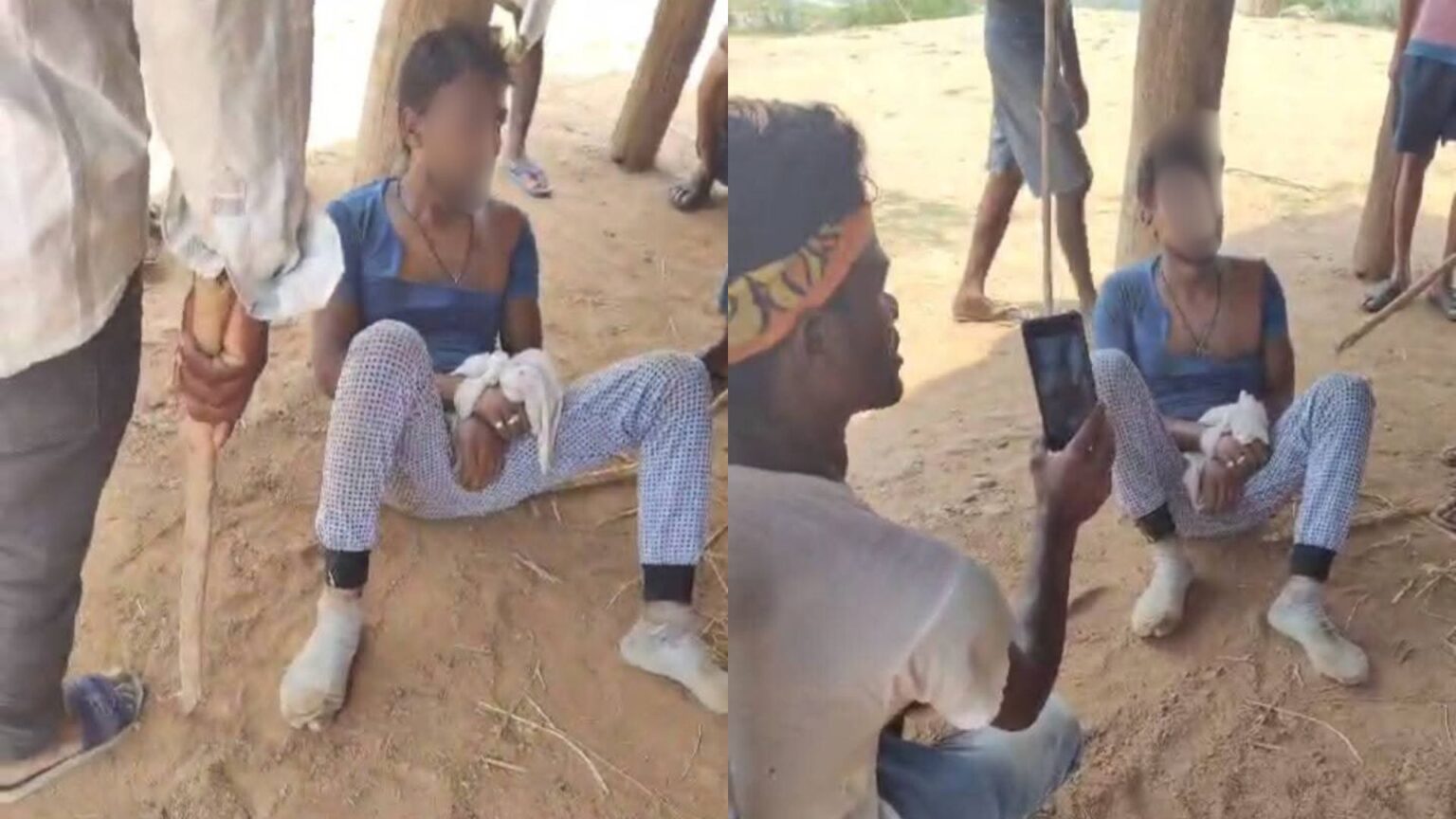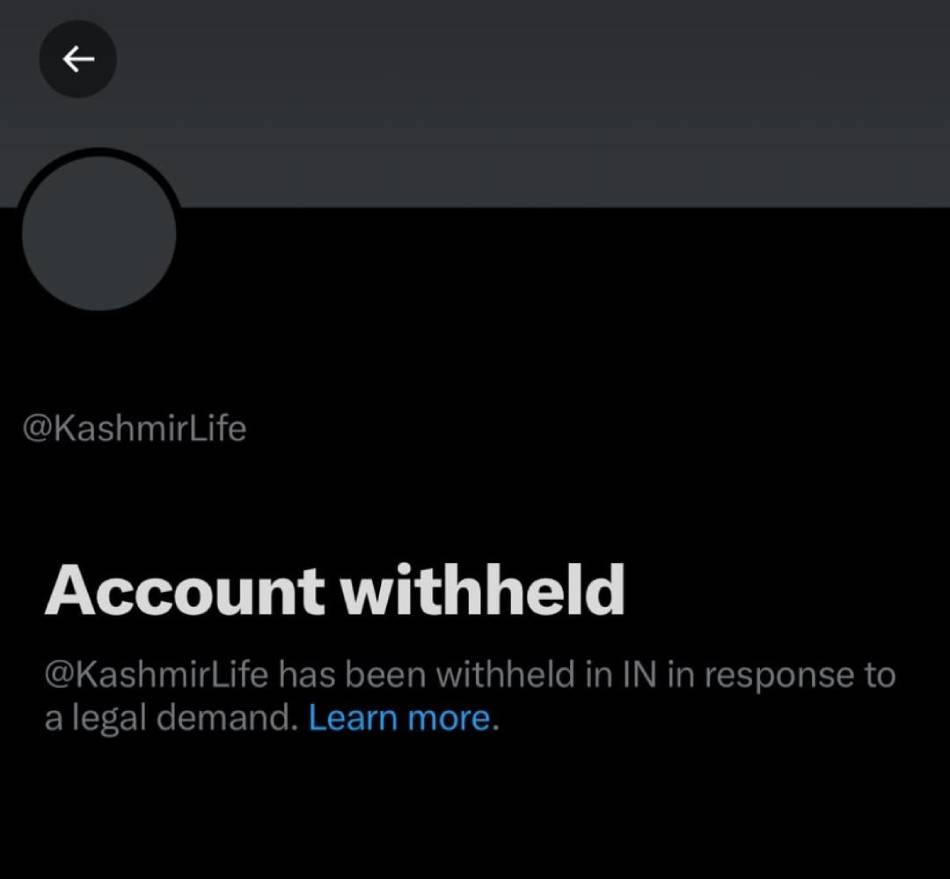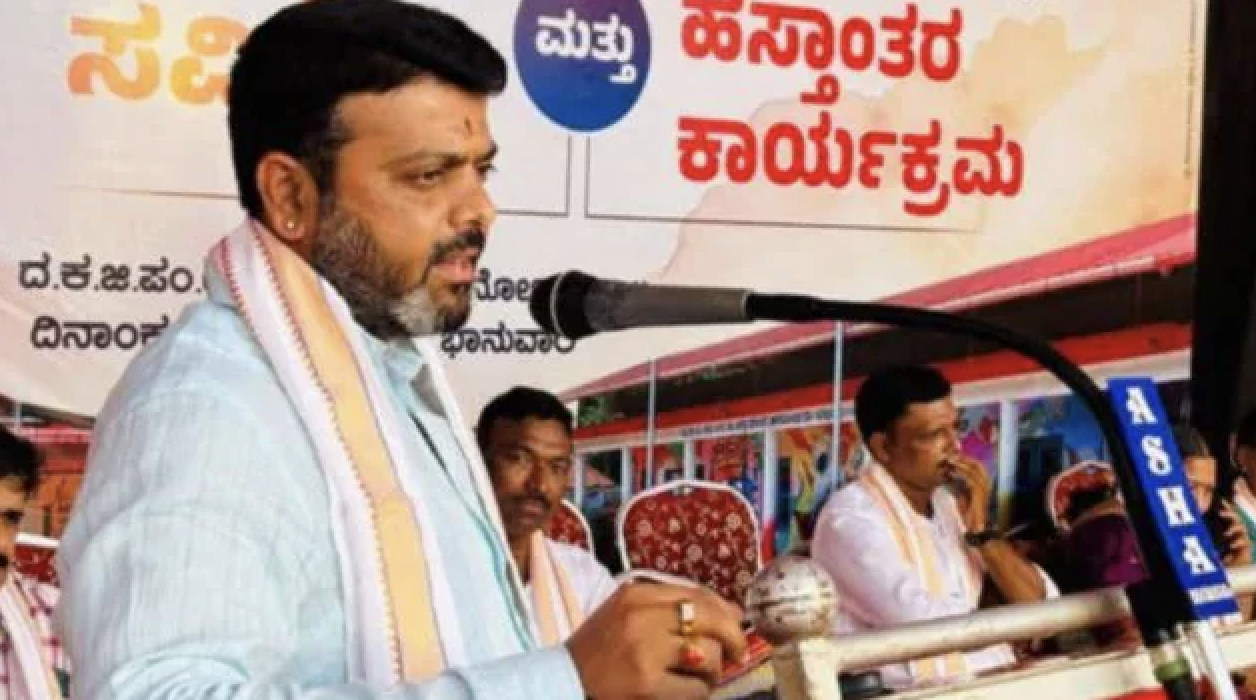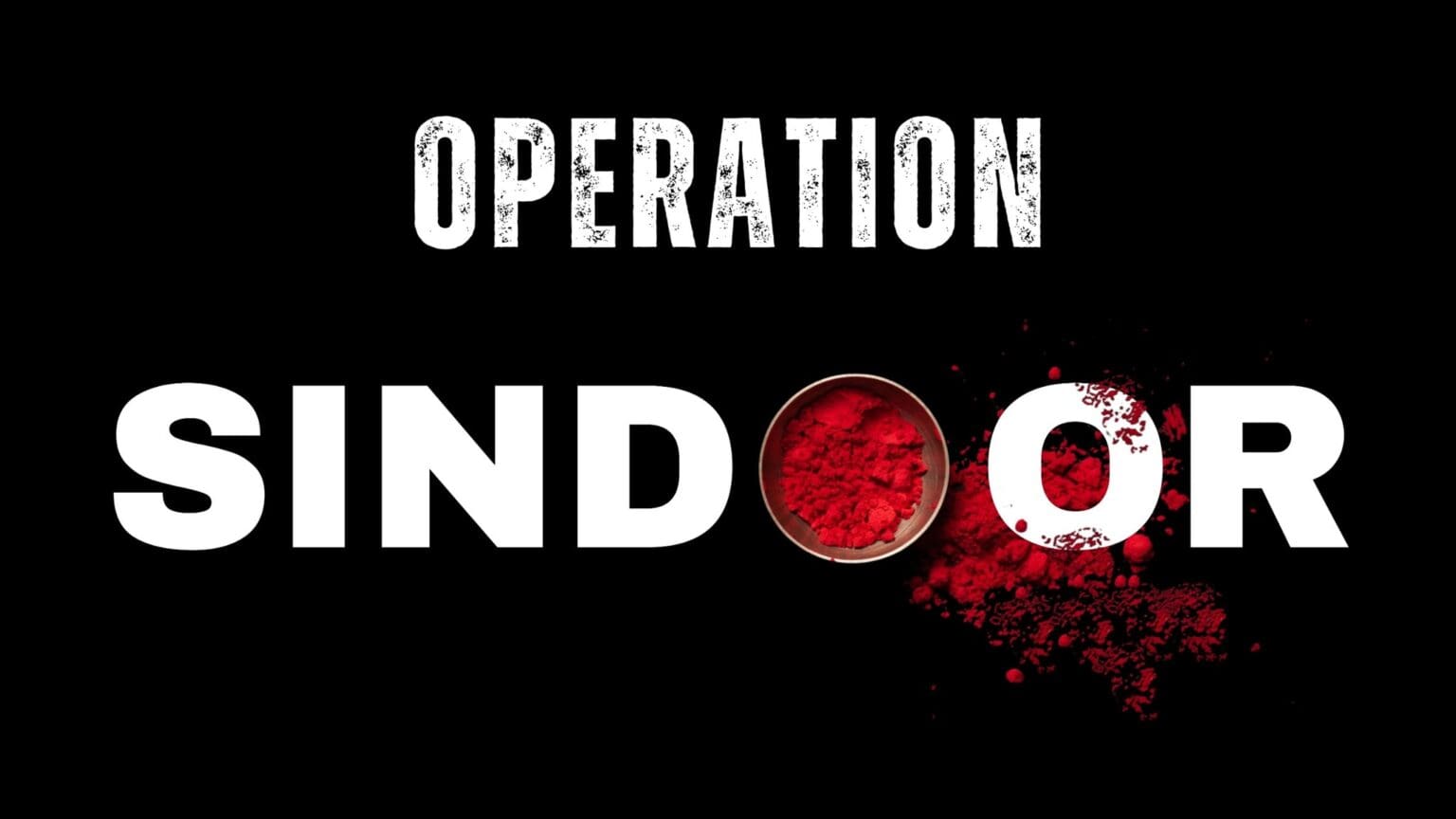By Somya Lakhani
New Delhi: Hugs, tears, and a video call to a mother back home in Jharkhand—these are the scenes that played out 17 June evening, as student activists Asif Iqbal Tanha, Natasha Narwal and Devangana Kalita, walked out of Delhi’s Tihar Jail after being granted bail by the Delhi High Court.
The Delhi police arrested them in May 2020 for their alleged role in the northeast Delhi riots in February 2020 accused them of 33 offences under various sections of the Indian Penal Code, 1860, Prevention of Damage to Public Property Act, 1984 (an explanation of the Act is here), the Arms Act, 1959, and the anti-terror law, the Unlawful Activities Prevention Act, 1967. The offences include murder, terrorism, rioting, dacoity, criminal conspiracy and sedition
On 15 June 2021, the Delhi High Court granted bail to Kalita, Narwal and Tanha, criticising the Delhi police for “casually” invoking the UAPA against the three students.
“…It seems, that in its anxiety to suppress dissent, in the mind of the state, the line between the constitutionally guaranteed right to protest and terrorist activity seems to be getting somewhat blurred,” said the high court order. “If this mindset gains traction, it would be a sad day for democracy.”
A day later, the Delhi police challenged the high court order before the Supreme Court, complaining the order had turned the UAPA “upside down”. On 18 June, the Supreme Court refused to revoke bail but said the order could not be used as a precedent for other UAPA cases.
Kalita and Narwal, both 32, are M.Phil and Ph.D scholars, respectively, at Delhi’s Jawaharlal Nehru University, and are members of a student’s collective called Pinjra Tod. Narwal lost her 71-year-old father, Mahavir Narwal—a retired scientist, and senior member of the Communist Party of India (Marxist)—on 9 May to Covid-19 while she was in jail. She was granted interim bail to attend his funeral.
Tanha, 24, finished his graduation from Jamia Millia Islamia and is a member of the Student Islamic Organisation (SIO). He was granted a two-week interim custody bail to sit for his exams in an order dated 4 June. Kalita has been in prison since last May.
Over two separate phone calls, the three spoke to Article 14 about the year behind bars, grappling with grief and anxiety, the need for prison reform, and the last 48 hours at home. Excerpts from the interview:
How have the last two days been?
Tanha: I didn’t expect such a grand welcome, frankly. My friends from Jamia Millia Islamia, members of the SIO, and people I call my “gurus” received me at Tihar Jail. I spoke to my mother in Jharkhand on video call, and reassured her that I am out. My parents cut a cake at home. At night, I couldn’t sleep out of happiness. In the morning, to my utter surprise, my mother showed up outside where I am staying in Delhi. My friends gave me this surprise,

Aap jaanna chaahti hai main kya kar raha hu? Bas ammi ki godd mein sarr rakh kar so raha hu. (You want to know what I am doing? Just sleeping with my head in my mother’s lap). Today, I met my advocates who have done so much for me, especially Sowjhanya Shankaran. I had only met her once in person, that too in court. Otherwise all our meetings have been via video conferencing from jail. I am happy, I am doing well.
Narwal: Just talking to the media, frankly, and trying to catch up with our friends. We haven’t got much sleep. It’s been overwhelming. What this one year has done to us psychologically, emotionally… That will take time for us to come to terms with.
Kalita: We are still in a state of shock that we are out. Our friends have given us a deadline for Monday to finish the interviews. In between interviews, we steal a hug from our friends in silence, and feel the pain of the separation. Due to Covid-19 protocol, we mostly did e-mulaqat with our loved ones; barring a few times before the second wave hit us when in-person mulaqat was permitted. But it’s not like we could hold them then, there was fibreglass in the middle. The struggles that one was a part of, and the struggles that will come, we will collectively—it’s not just me or Natasha—find a way to be a part of it.
Tell us about the last one year in jail.
Tanha: Mera naam Asif Iqbal ‘Tanha’ hai aur jail ke andar mujhe uss ‘tanhaai’ ka ehsaas hua.(My name is Asif Iqbal ‘Tanha’ (alone) and in jail I understood the meaning of loneliness). There were no news channels inside jail one could watch, only read newspapers. Even with the case in court, the media declared that we were gunehgar, that we were guilty in the riots case. They printed my photo too. I was very disturbed mentally. Before I went to jail, I would never fall sick but here I kept having headaches. It must have been the mental torture.
I must, however, add that I got the opportunity to do a lot of work inside prison. There are so many undertrials there. First I bonded with the fellow inmates, cleared my name in front of them and told them why I am in jail. If someone fell sick, I cared for them because their family wasn’t there to do that. If someone painted well, I encouraged that; if someone wrote well, I bought them pen and paper with my money and told them to write on Women’s Day or about the environment. I would read chapters to people.
Narwal: It was painful, traumatic in its own way. There was this feeling that this is the cost we are paying for raising our voices for democracy and Constitutional rights in this country, and we are not alone in this. Apart from overwhelming support we received from people outside and even inside, there was a deep sense of connection with all the people who have gone through this in history and are still going through it. I derived a lot of strength from all those people we had never even met but we know that they are there and they have gone through this, in conditions probably much worse than ours.
I was involved in running the library in the jail, and also worked in the legal aid cell for a while. I learnt how overburdened and slow the legal aid process is inside. I saw how the most marginalised sections don’t have proper legal representation, and how the system renders you powerless and helpless.
Initially, due to the nature of our case, and the allegations against us, there was this sense of suspicion around us. We went in at the time of a pandemic when the usual confinement was even more strict. We always had some kind of tussle with the jail authorities over our basic rights—seemingly small things which become very big.
Kalita: Yes, small things like “sabzi kam aa rahi hai ward mein,” (we are getting less vegetables in the ward) or needing diapers for children, opening the library, ability to call family, or just allowing people to receive winter clothes so that people are not forced to buy blankets from the jail canteen. We filed a petition in the High Court about various jail reforms.
You know, mentally I kept preparing myself about more time in—I would wonder how the world would be if I am out five or ten years later. We didn’t expect to be out in a year because people have lost innumerable years of their lives due to UAPA.
It took two more days for you to actually get out of jail after the HC granted you bail.
Tanha: The day I was leaving, I told the jail superintendent that if he wants me or the organisation I am associated with to help with cultural programmes inside prison, then he must get in touch with me. I got out and that was the first time I met Devangana and Natasha. I had only seen their photo before this.
Narwal: We couldn’t even say a proper goodbye to the people we had befriended, relationships of solidarity and love that we had forged. We had found out in the afternoon that we would get out, so we started saying our goodbyes and suddenly, everyone was locked up in the barracks. The jail officials asked us to pick up our bags and leave. It was a painful parting.
Kalita: We had mixed emotions coming out because while we have stepped out, we have left our near or dear ones inside like our co-inmate Gulfisha Fatima, who we used to live with inside the same barrack. It’s a freedom which is not fully freedom.
How did you cope with the news that was reaching you about the allegations being made against you? What kept you going?
Tanha: My parents had a very clear stand and that was very important for me. My mother would say on the phone that “you have so much support from people, you haven’t done anything wrong. Don’t be scared.” She would say that she is praying not just for me but also for all political prisoners. She would say, “Sab bacche riha honge, main dua karungi.” (All the children will be freed. I will pray).
Kalita: In some sense, we were also sheltered, especially in the early days inside prison as due to Covid, we didn’t receive newspapers.The first time we actually got the nature of allegations against us was when that 19,000-pages long chargesheet came out, which too was a legal battle to receive. Many nights, the three of us in the barracks—Natasha, Gulfisha and I—would talk about how sometimes everything would seem so absurd that laughter was our only response.
Natasha, you lost your father last month while you were in prison. How are you coping with it now?
Narwal: On that day, I had made my daily phone call and knew that he was on ventilator support, and after that there was no update. I was so anxious the whole day and even before that… I would be so scared to make the phone call. I would wonder what news awaited me. I would tell myself that it will pass, everything will be fine. Then after lock-up time that day, a matron came and said that there was a phone call for me. My heart skipped a beat. It was a call from my lawyer telling me about what had happened. I don’t know if I have coped with it; it will be a long process.
(Somya Lakhani is a Delhi-based journalist.)
This article first appeared on article-14.com







